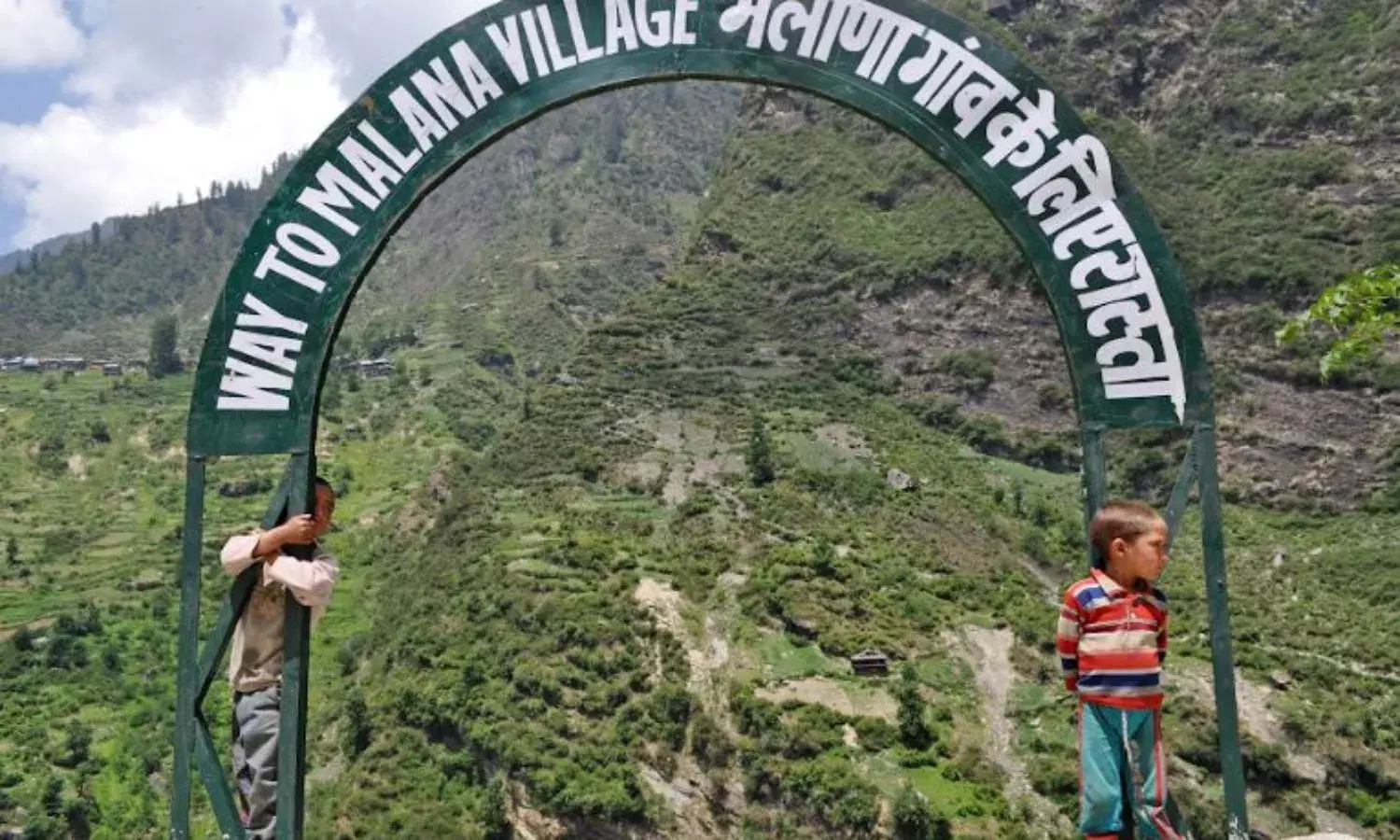Why’s the Cannabis Not Legal in India?
India is often known as a country with a long history of cannabis consumption

“The Scythians, as I said, take some of this hemp-seed, and, creeping under the felt coverings, throw it upon the red-hot stones; immediately it smokes, and gives out such a vapour as no Grecian vapour-bath can exceed; the Scyths, delighted, shout for joy.” —Herodotus
Marijuana, hash, charas, weed are names of the flowering plant Cannabis and its forms. In simple words it is called ganja. The word gained renewed notoriety after the recent death of Sushant Singh Rajput. We cross the line of morality by infringing someone’s personal space to demand, “Have you consumed drugs?”
But why it is that such a harmless herb (for almost all users) is so often compared to dangerous, addictive drugs such as nicotine or alcohol, even though many countries around the world have started legalising it?
Recreational cannabis has been gaining steam again and the latest to join the list of countries to decriminalise marijuana is Canada. In fact since ancient times cannabis is well known for its various benefits in easing anxiety, pain and for various other medicinal purposes. Several recent studies show its benefits for patients of cancer or post-traumatic stress disorder.
India is often known as a country with a long recorded history of cannabis consumption, for reasons medical or spiritual. Yet marijuana occupies a hushed up position in contemporary society. Leave alone consumption, mere discussion of it can be tricky and taboo.
Demands have been raised to legalise recreational cannabis use, notably when former MP Tathagata Satapathy asked why such a ban on marijuana use came into being in the first place. He even raised the issue in the Lok Sabha, saying that such a ban on marijuana was in fact very elitist and an Indian overreaction to the scare and drama first started by the USA to protect its tobacco and alcohol commerce.
Many US states have since gone on to legalise the weed. In India it is well known that most state governments earn a large part of their “revenues” from taxing the sale of alcohol and liquor.
Legalising marijuana has the potential to revive a section of village economy and farmers’ wealth by providing sustainable agriculture incomes. We need to question our own hypocrisy when it comes to our views on marijuana when a 2019 survey showed that nearly 3% of Indians or 31 million people said they consumed a cannabis product in the past year.
And if drug seizures are anything to go by, cannabis consumption is high in the country and cities like Delhi and Mumbai are featured in the list of top consumers of this herb.
If you go to any regular university or an institute in any part of the country and ask about the prevalence of marijuana in the campus, half of the students would admit to have having consumed marijuana.
Students believe that marijuana often helps during stressful times, and in fact rekindles our collective consciousness and helps perform creative tasks well.
Clearly, the law and its enforcers haven’t done enough to prevent marijuana consumption. Or are they being hypocritical, as when they do not take any action against the scores of people who consume marijuana in the open during the Kumbh Mela?
It’s high time we consider decriminalising marijuana use and make amendments to the NDPS Act (Narcotic Drugs and Psychotropic Substances).
And most importantly, we as citizens should end our own hypocrisy. If people want to consume marijuana, let them do so healthily and do not judge.



